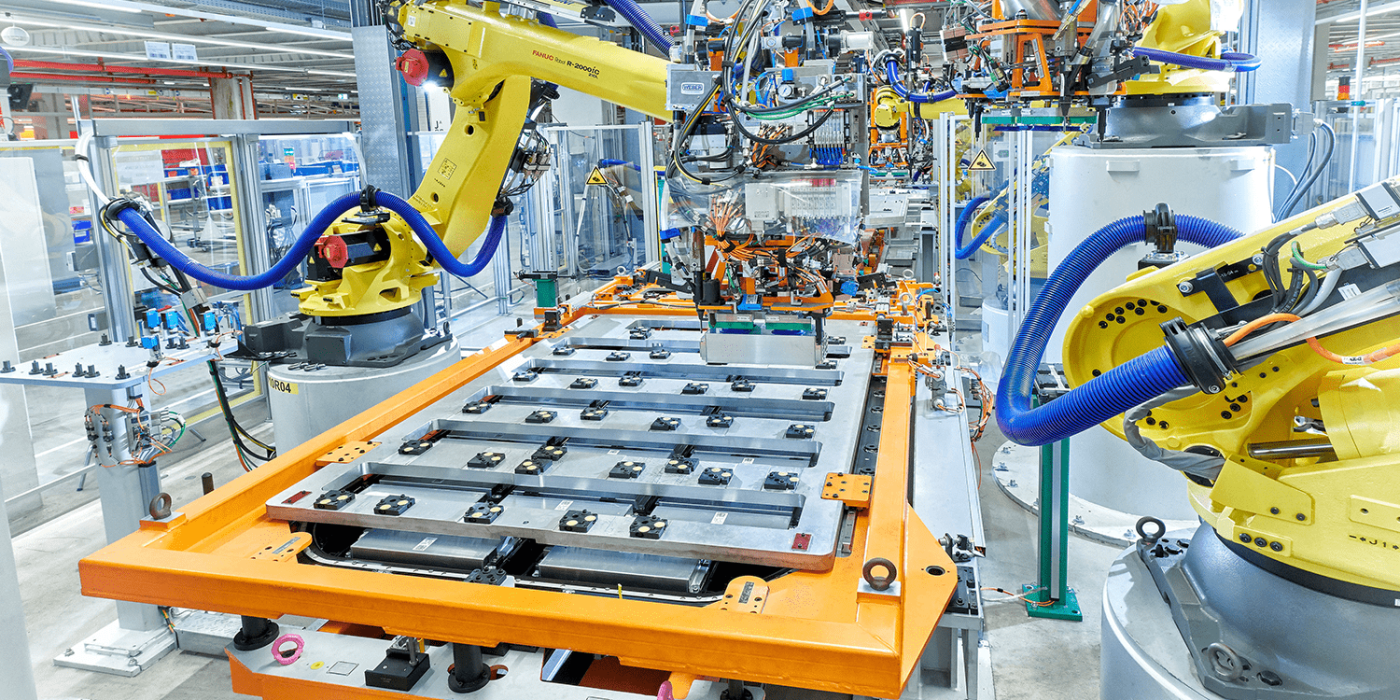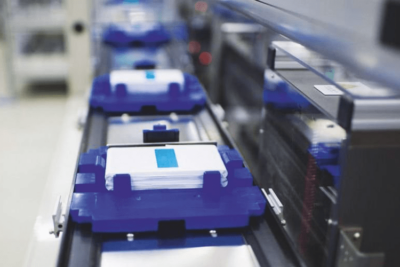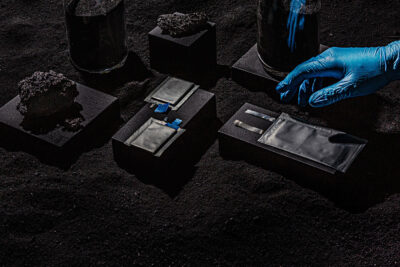EU politicians demand local battery production by 2025
German Economics Minister Peter Altmaier, his French colleague Bruno Le Maire and EU Commission Vice-President Maros Sefcovic wrote in a guest article demanding that by 2025, Europe should be able to produce enough battery cells each year to supply at least seven million electric cars.
The European Battery Alliance, which was launched three years ago, has made “astonishing progress”, say the three politicians in the Handelsblatt interview. However, it must be mentioned here that Altmaier, Le Maire and Sefcovic are considered the leading minds behind the battery alliance. The efforts for the first battery IPCEI with the German-French cooperation of PSA with its subsidiary Opel and the French battery manufacturer Saft can also be traced back to Altmaier and Le Maire; Sefcovic accompanied the battery projects as Commissioner for Interinstitutional Relations on the part of the EU.
It is therefore not surprising that the three politicians refer in the guest article, among other things, to the two battery-related IPCEIs (Important Projects of Common European Interest) already approved by the EU Commission with a total value of 20 billion euros. They also cite the Commission’s proposal for mandatory sustainability criteria for batteries, which should be “swiftly adopted”, “as we assume that already in 2023 the demand for and supply of batteries in Europe will explode”.
How exactly Altmaier, Le Maire and Sefcovic arrive at the figure of seven million electric cars with battery cells from EU production is not really explained in the article. The consortium of PSA and Saft wants to build up annual production of 24 GWh in Kaiserslautern; the Chinese company SVOLT is planning the same scale for its plant in Saarland, which is to open in 2023. VW and Northvolt are building a 16 GWh production facility in Salzgitter (expansion to 24 GWh planned), and the Chinese company Farasis wants to build a 16 GWh plant in Bitterfeld-Wolfen for its customer Daimler, among others. In Erfurt, CATL is building a production facility with 14 GWh, which could later be expanded to up to 100 GWh. There is still no information on capacity for Tesla’s planned battery cell production in Grünheide – the Handelsblatt report entered 100 GWh in an infographic here, though.
According to the authors, Europe should “do more to develop local material sourcing and diversify its external supply in a sustainable way. We also need to build the necessary refining facilities and develop the expertise to process both primary and secondary raw materials on an industrial scale,” they write.
The skills shortage is a bottleneck that “can hinder the development of the battery ecosystem in Europe and therefore requires immediate action”. In addition, recycling must be pushed forward, it said. “Even though new battery recycling projects are already emerging, we need to expand our capacities faster to cope with the ever-increasing amount of spent batteries flooding the market. Moreover, recycling holds the chance to secure stocks of secondary raw materials and attract investments,” Altmaier, Le Maire and Sefcovic said.
However, the politicians do not address the practical problem that there are currently too few batteries in recyclable condition. Volkswagen, for example, has stated that it has been collecting all batteries from the group’s test vehicles for more than a year for its pilot recycling plant in Salzgitter, which opened at the end of January. In addition, new prototype cells from the pilot battery cell production also located there are recycled in Salzgitter.
On the subject of charging infrastructure, the politicians state that the EU target of one public charging point for every ten electric cars is getting closer. “But since many of the 220,000 charging points are concentrated in a few areas, we still have to speed up the EU-wide expansion,” they point out.
handelsblatt.com (in German)





0 Comments